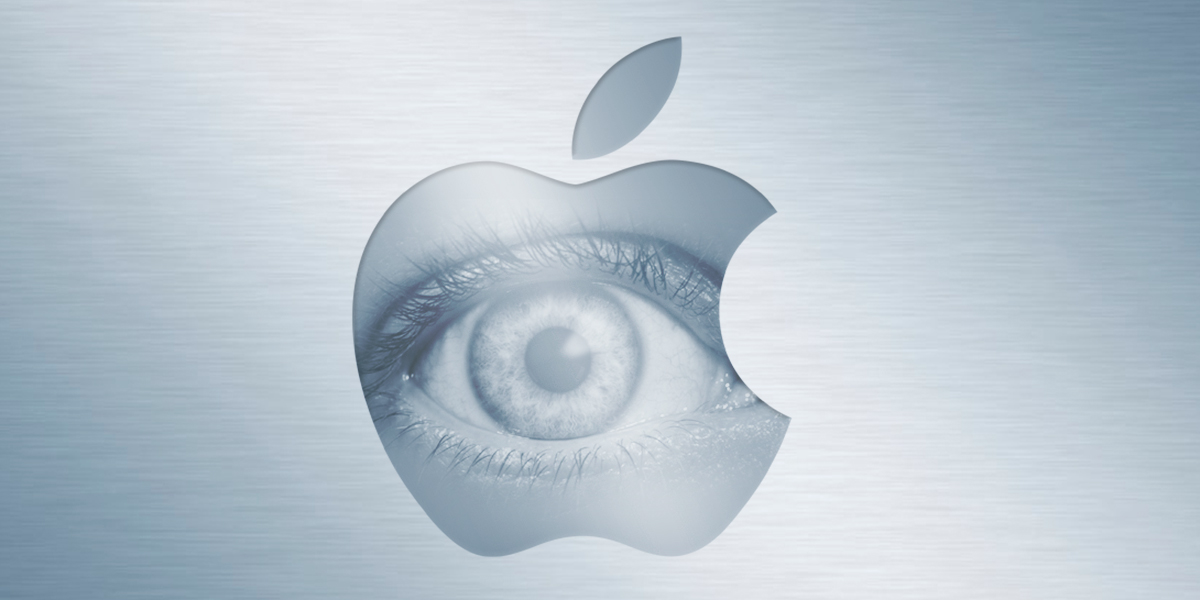On the surface, this seems like a strange and unnecessary question. Most of us assume that if anyone is collecting our data, they are doing so purely for marketing purposes. We know that advertising companies use this data to target ads and show consumers more of what they want to see. This is all part of the “online social contract” we sign when we use the internet.
But it may disturb you to know that your online data is rarely secure and that marketers are far from the only ones who collect this data. In fact, government entities, law enforcement groups, and others frequently obtain your information for purposes unknown.
In this article, we will take a closer look at data collection and online security. Additionally, we will examine how an encrypted app such as Ghost is one of the best ways to overcome these data collection policies, which are beginning to border on unconstitutional.
Law Enforcement Groups and Data Collection
Many seemingly innocent apps sell user information to law enforcement entities such as the Immigration and Customs Enforcement agency (ICE). Supposedly, the information sent to ICE through these apps is meant to improve national security by allowing the group to track those who may have entered our country illegally.
However, once user data is sold by apps, there is almost no way of knowing the extent of the groups that gain access to it. In some instances, there are reports of global access to this data. This is alarming and may mean that not only our own government has the ability to track us, but other governments as well.
Is Data Collection Illegal?
For better or worse, there are ways to get around most of our laws by relying on loopholes and appealing to the concerns of the public about terrorist threats. For example, certain landmark privacy cases have shown that the government cannot force private app companies to provide them with user data. On the other hand, buying this data from shadowy, unknown brokers who had purchased the data originally is not necessarily seen as illegal.
These convoluted and complicated methods of data collection, which seem to skirt privacy laws, have prompted bipartisan legislation to be proposed that bans this type of data collection. For example, a newly proposed law pays special attention to facial recognition software used on devices and in many specific apps.
The fact that we can find common ground between the right and left wings of the American political spectrum on this issue suggests that there must have been some underhanded dealings that took place originally for these practices to ever have been implemented.
Incentivizing Vs. Compelling
One of the most popular arguments that has been used by groups who are purchasing user data, is that they are not forcing private companies to hand over information. Rather, they are providing incentives so that these companies willingly choose to provide said information.
This type of tricky legal language makes it incredibly difficult to overcome the issue, as different rights are now being cited as arguments for and against these practices.
Edward Snowden
Many people likely remember the Edward Snowden controversy that began nearly 10 years ago and continues to have ramifications today. Snowden became increasingly uncomfortable about what he perceived as NSA overreach. Therefore, he blew the whistle on the extent of government spying practices.
Americans were absolutely horrified by what our government was doing and Snowden ended up fleeing the country to avoid retaliation. He now lives in Russia, but continues to weigh in on privacy rights violations and other government-related issues in America.
Religion and Government Surveillance
One of our most fundamental freedoms, the freedom of religion, is unfortunately being infringed upon through these data collection practices. Just last year, in 2020, millions of Muslims’ private data was obtained by the US military.
The military bought this data through one of the aforementioned loopholes in our privacy laws and is now able to effectively monitor the locations of millions of Muslim Americans.
This incident caught the attention of the American Civil Liberties Union (ACLU) who advocates for the rights of all Americans regardless of religion or any other factors.
Why Should You Care?
For many people, this is a fair question. If you are a law-abiding, tax-paying citizen, why should you worry about your information being bought and sold on the web? You have nothing to hide!
Among others, the following points weaken this argument:
- We have a fundamental right to privacy as individuals.
- Information that we intend to share with only certain people should remain private.
- Just because these policies may not directly impact you, they impact society as a whole.
- Certain minority and religious groups may be unfairly targeted.
While sometimes considered a logical fallacy, the “slippery slope” argument is especially relevant in cases of government invasion of privacy. If we say we are ok with local and foreign governments buying and selling our private data, where does it end? This may lead to a world where we lose even our most basic privacy. A world in which very few people would ever want to live.
We must be constantly vigilant of what privacy rights we are willing to forfeit. Once we give them up, they are extremely difficult to take back.
How Can You Ensure that Your Information is Protected?
Luckily, there are some companies and services that are working hard to ensure your information is protected. The only way to truly avoid the issue of having your data bought and sold by a complex network of faceless government and law enforcement groups is to use services that guarantee privacy. These companies use the highest levels of encryption available as well as every other security method in place to ensure your data stays secure.
Ghost is one such company.
We promise to keep user information secure and will not allow your data to fall into the hands of anyone who seeks to spy on you. In a world that is increasingly compromising its privacy values, Ghost remains committed to keeping your information safe.










